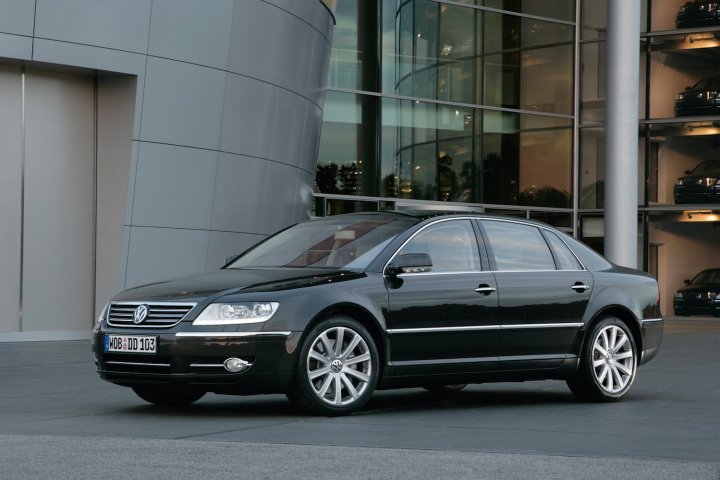
The German automaker has announced that future product development will strongly focus on electric models, led by the all-new Phaeton. The Phaeton will signal a “reorientation” of the brand’s powertrain strategy, where Volkswagen will begin an “major development thrust” to integrate hybrid and plug-in hybrid technologies. Following hybrid versions, Volkswagen will work on full-electric powertrains for passenger cars and light commercial vehicles.
“The standardized system will be designed for all body structures and vehicle types, thus allowing particularly emotional vehicle concepts, and will enable an all-electric range of 250 to 500 kilometers,” the automaker said.
In the near term, the company will use AdBlue urea injection in all TDI models sold in Europe and North America. Paired with updated ECUs, its diesels should meet all regulatory requirements.
“We are very aware that we can only implement these innovations for the future of the Volkswagen brand effectively if we succeed with our efficiency program and in giving our product range a new focus,” said Dr. Herbert Diess.
As for the new Phaeton, Volkswagen will use a pure electric drivetrain with a long range and semi-autonomous driving technology to top its range of future electric models. Some speculated that since Dieselgate put the kibosh on $1.14 billion worth of future Volkswagen product plans, the new Phaeton would be canned, but it looks like the automaker has actually prioritized the sedan.
Should Volkswagen build competitive electric models, it could be the perfect time for a shift to electric powertrains as the rest of the industry invests heavily in the technology.
Editors' Recommendations
- Volkswagen ID.4 vs Tesla Model Y
- 2022 Volkswagen ID. Buzz first drive review: The iconic hippie hauler goes electric
- Volkswagen ID. Buzz prototype first drive: Here comes your van
- Confusion surrounds Volkswagen’s reported name change
- Volkswagen teases Project Trinity flagship electric car


